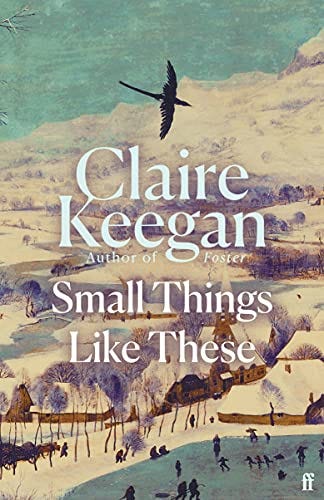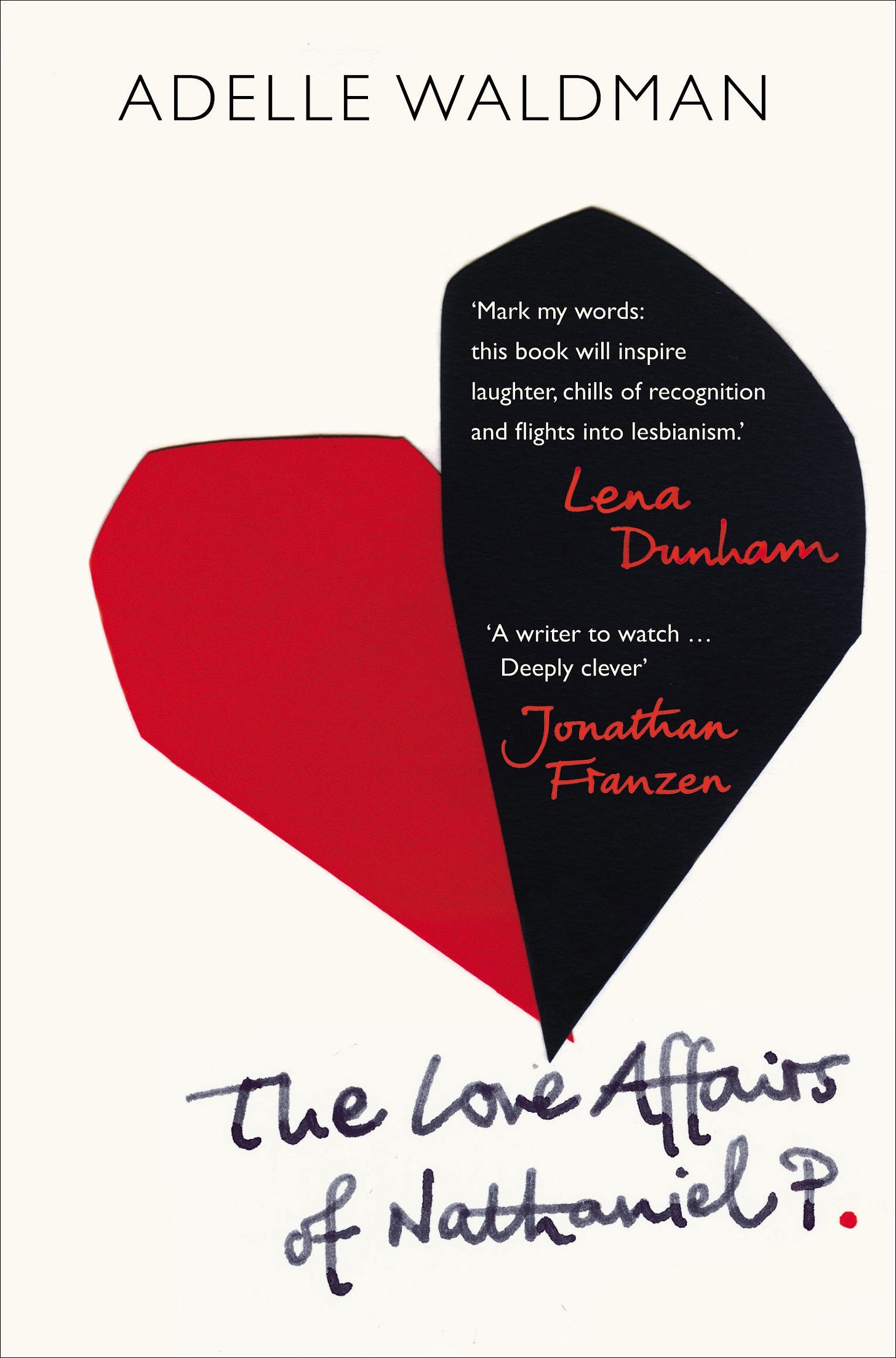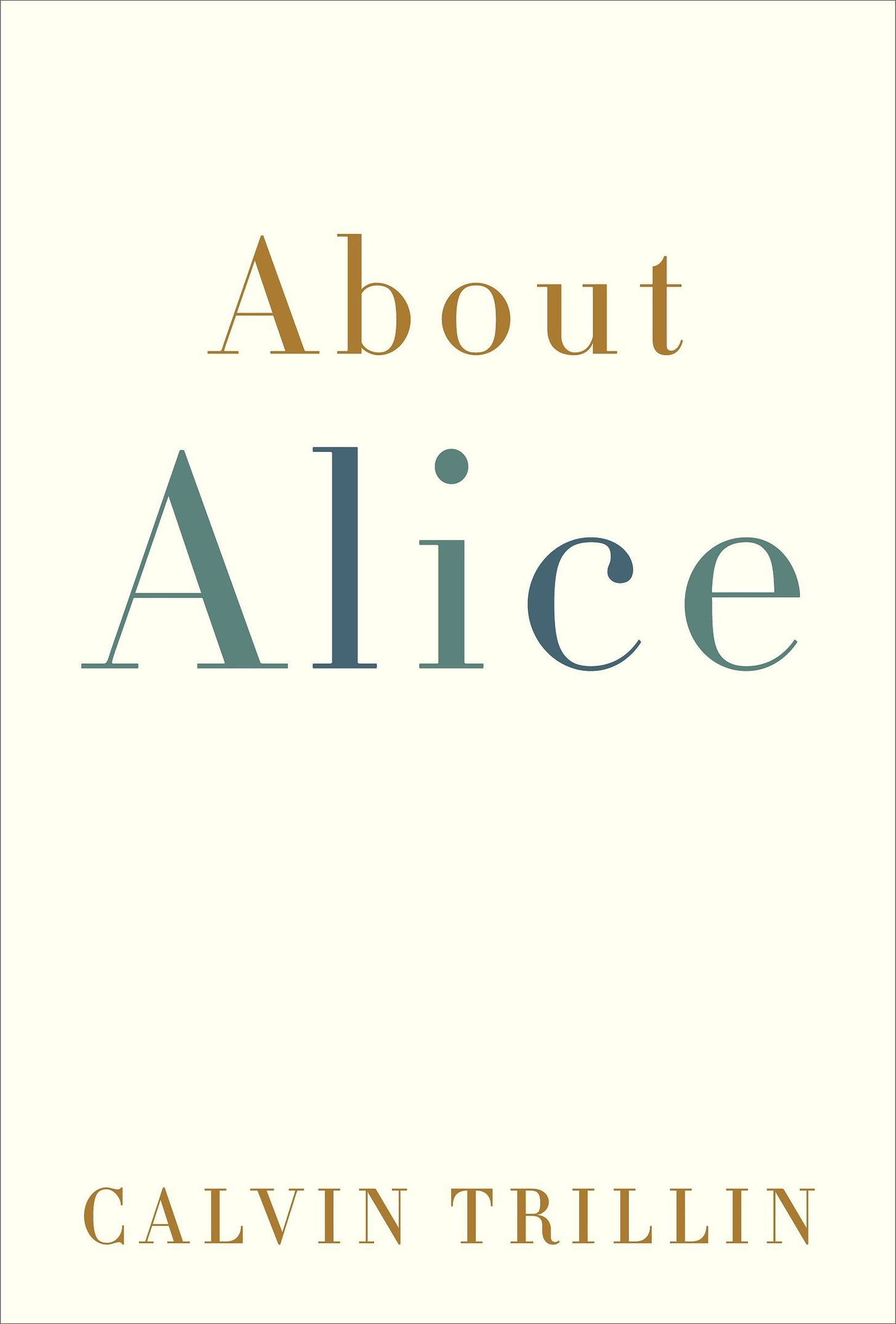
At the end of last year, the In Writing podcast received a review from a listener in Canada. This was exciting, because I love getting reviews.
(…Apart from when I was presenting the Grazia podcast. There were nice reviews during that time, but the only one I remember is: ‘My only comment would be on the presenter, she seems totally uninterested in any of the answers and seems to rush through the questions.’)
Anyway. I make the podcast on my own. Without the response from listeners, I might as well lean out of the window and just shout the episode into the wind – so thank you if you’ve ever got in touch. The review from Canada was lovely, but it had a caveat: ‘Only “complaint” is a bias against long books,’ it said.
Where did that come from? I was a bit surprised; I didn’t think I had a bias. Then I remembered the conversation I’d had with Leave the World Behind author Rumaan Alam. His episode is very entertaining, in part because he didn’t hesitate to voice strong opinions.
Me: This may be a terrible compliment to give somebody, but I also loved the length of your book – it’s about 240 pages, and I always think there’s something really delightful about picking up a good book that is not 450 pages long, or 600 pages long. I hope that’s not an irritating thing to say.
Rumaan: No, I think that there is a real problem of inflation in the contemporary novel. I think that novels are too long. I think Ted Hughes talked about this with respect to the typewriter, so this is a conversation that’s quite old … Did the typewriter make it too easy to write at length, and did the computer make it too easy to write at still greater length? … Most of the books that I see are too long. There are some writers who are much more predisposed to economy, and there are occasional really beautiful long novels that are absolutely just astonishing to sink into and just a marvel. But I think that generally, a lot of books could stand to go on a diet.
Me: Yeah. I wonder whether people have a feeling that it’s not important enough if it’s not long.
Rumaan: Oh of course – that’s 100% what it is. And that reaffirms the fallacy of what we’re saying, because then the book is just padded. I mean Coetzee is a good example. I don’t know if you’ve read Disgrace. Disgrace is such a slender book and it’s astonishing. Astonishing. A masterpiece. So tight. Patrick Modiano, one of my favourite living writers – those books are tiny, very tiny. You could read one in an afternoon, and they’re bottomless pits. They look like puddles and they turn out to be oceans. The idea that length correlates to significance is so juvenile. It’s such an error.
(Listen to the full episode here.)
OK, so I had it coming after those comments. I need to clarify something now, in relation to ‘I wonder whether people have a feeling that it’s not important enough if it’s not long’: this was an idle thought about the psychology of writing. It wasn’t meant to imply that anyone who writes a long novel is trying to pull off some kind of con by deliberately padding it out.
For one thing, I think it’s extremely difficult to be concise – one of the most difficult skills as a writer, and if I managed to write a novel, it would no doubt end up longer than I wanted it to be.
But more importantly, I don’t dislike long books. A good long novel can be very comforting: a vessel you can climb into and be held safe for weeks. There are chunky novels that I have absolutely loved – that I had to ration because I never wanted them to end. Curtis Sittenfeld’s Rodham is 432 beautifully crafted pages; The Interestings by Meg Wolitzer is 467. Many extremely successful authors have written books that are much longer – heavy enough, if necessary, to be used as lethal weapons – from J.R.R. Tolkien to Vikram Seth to Marian Keyes. (Not to mention Liane Moriarty, who has also been on the podcast, and whose last novel was 528 pages long. So I’m not that biased.)
But yes, if it was you who left that review from Canada, then you made a fair point. I do have a soft spot for a novella or a short novel. There are various reasons: I probably don’t have a very long attention span; I read in the bath, and that means holding the book at a height that’s uncomfortable if it’s an 800-page hardback; and I just get a lot of pleasure from a perfectly crafted little story that says no more than it needs to.
I’d love to hear what you think about this. Please tell me what your favourite books are from the massively long and daintily short categories:
In the meantime, here are three slim books that I read quickly but will never forget.
Small Things Like These by Claire Keegan: 110 pages, devastating, and completely perfect in every way.
The Love Affairs of Nathaniel P. by Adelle Waldman: 240 pages. This novel was published in 2012 but was prescient of the #MeToo movement: it’s the best portrait I’ve ever read of a particular type of man who prides himself on being a good guy and yet behaves horrifically.
About Alice by New Yorker writer Calvin Trillin: not a novel but 78 pages of witty, heartbreaking essays about his late wife, Alice Trillin. An outpouring of love on the page, all the better because it’s short and not overworked. Amazon tells me I bought this a decade ago; I’ve only read it once, but I think about it often.
It was brilliant to see all the responses to last week’s newsletter, in which you told me what was preoccupying you at the moment in your writing.
The comments you left covered the neverending juggle of writing with everything else that demands attention; the benefits of writing by hand versus typing; the dilemma of whether to give up or keep going when a project feels like pulling teeth, and lots more. What I’m particularly loving about this newsletter is that in the comments, you’re discussing ideas and sharing thoughts with each other. It is starting to feel like a real community.
Laura described last week’s post as ‘a writing confessional/blackhole that we can put our best and worst writing thoughts into’, which I liked a lot. I think we might make it a semi-regular exercise.
The In Writing Creative Club returns this Sunday, when I’ll be sending out another writing prompt and inviting you to spend a little time responding to it. This is for paid subscribers only, and if you’re not already one of those, I hope you’ll consider becoming one for £4 a month. Your contribution will help me to continue producing In Writing in all its forms – it will also allow you to access audio readings of these newsletters, so you can listen to them as mini-podcasts.
Until Sunday – good luck with your writing.






I loved this one. As I’m a writer who really has a hard time writing anything lengthy. My current novel draft is 45 K words and at most it will go up to 50. Till today I have this ongoing dialogue in my head of: Will people take it seriously? Or will they disregard it if it doesn’t take months to read? - It’s so hard to break that but this helped.
I'm with you actually - time is of the essence and I like to carry books around so it takes a lot for me to commit to a chunky (500 pages+) read. And some short books/novellas pack more of a punch than longer novels anyway - a couple I've loved are Giovanni's Room by James Baldwin and The Lost Daughter by Elena Ferrante, and I'm soon to begin The End of the Affair by Graham Greene which is slim but (I hear) brilliant.